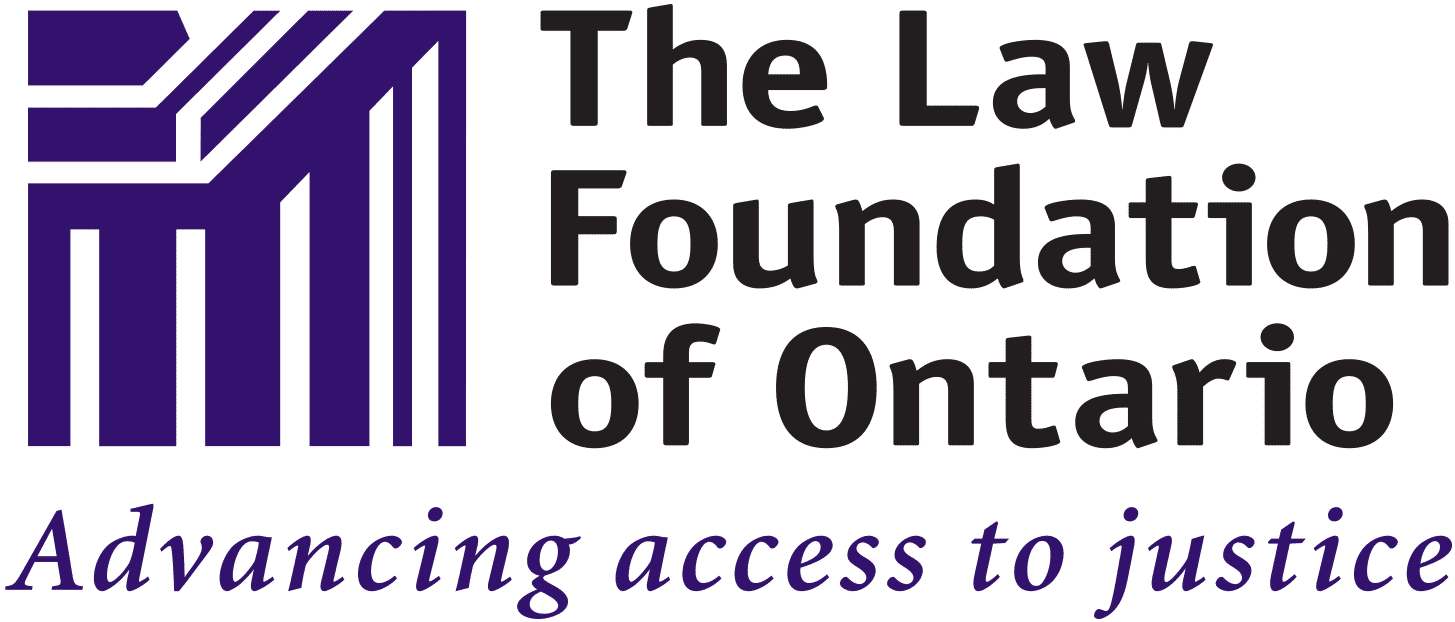What if someone is coming out of custody?
General Rule: If your client was receiving income support from ODSP before being taken into custody, they should see their support reinstated once they are released. Once its reinstated, they should receive a prorated amount of support for the days of the month they didn’t spend in custody, unless they spent one whole calendar month in custody, in which case, their income support for that month will be suspended. Income support for days spent entering and leaving custody should not be deducted for the purpose of calculating these payments.
For example:
- Someone in custody from October 30th, 2021 to November 2nd, 2021 = income support for both October and November should be prorated to reflect the two days in each calendar month they were in custody.
- Someone in custody from October 30th, 2021 to December 2nd, 2021 = income support should be prorated for both October and December but suspended for November.
Even if your client spends part of the month in custody, they might still be eligible for their full monthly shelter support if they need to secure or maintain their housing.
Warning: If your client received their full amount of income support during a month in which they were in custody, ODSP might decide that was an overpayment and ask for the money back. This could lead to a reduction in the amount of income support your client receives in the month(s) following their stay in custody.
How You Can Help:
-
- Step 1: Where possible, help your client notify their ODSP caseworker of their upcoming release to make sure their support is reinstated promptly. You should also remind them to ask their worker about receiving their full shelter support payments to avoid losing their housing.
- Step 2: If your client experiences issues with getting their income support reinstated once they are released, refer them to a legal clinic.
- Step 3: If your client is no longer receiving their income support or is receiving less income support than they usually do, help them make a plan to avoid further civil legal issues, like being evicted for not paying rent, missing support payments or running into debt issues for not paying outstanding bills. If your client will be unable to make these kinds of payments without their income support, you can help them find other funding (e.g., rent bank programs, etc.) or refer them for legal advice before the issues escalate.

